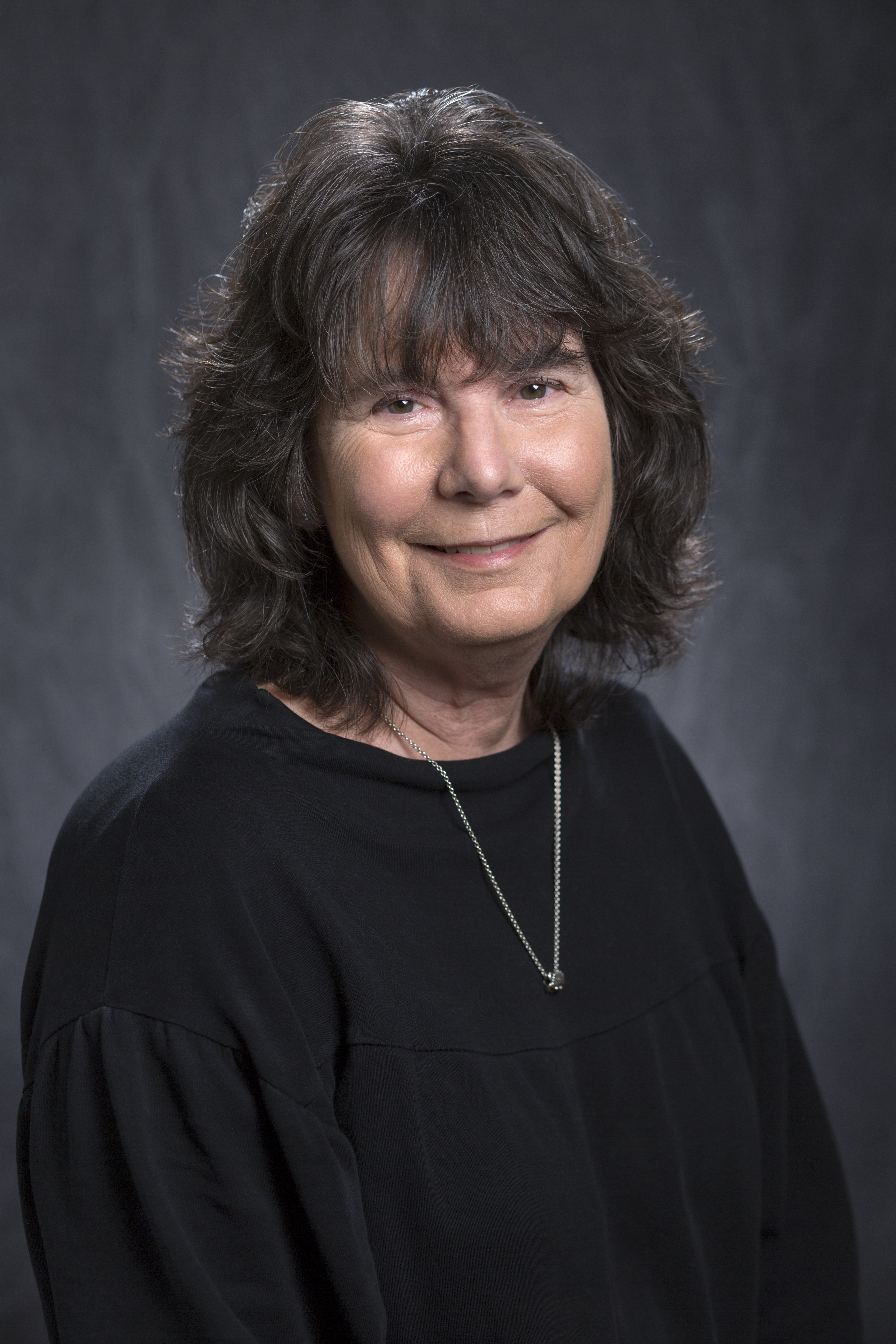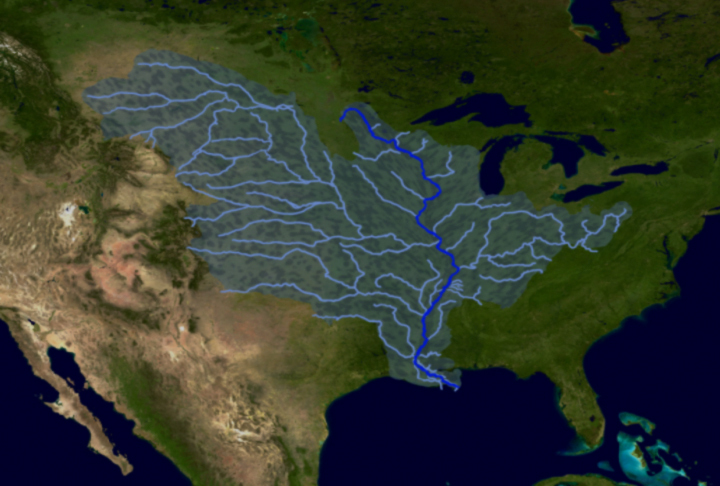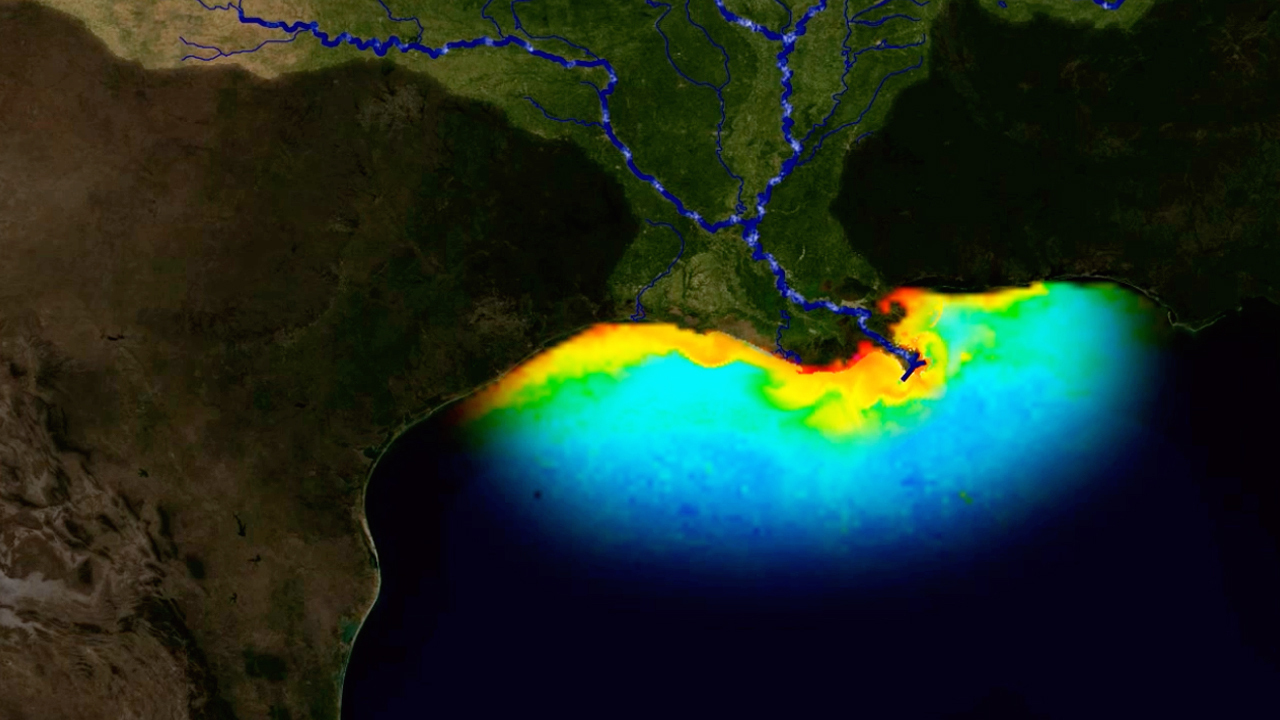AMES, Iowa – Nancy Rabalais has dedicated more than three decades to researching and bringing national attention to growing ecosystem concerns in the Gulf of Mexico.

Nancy Rabalais
Her lecture at Iowa State University, “The Dead Zone: Will Shrimp and Corn Chowder Survive?,” will take place at 8 p.m. Tuesday, March 20, in the Memorial Union Great Hall. It is the Ronald Lecture in Environmental Conservation and is free and open to the public.
Rabalais leads Louisiana Universities Marine Consortium’s annual survey of the Gulf hypoxic zone, or “dead zone,” a largely human-caused phenomenon in which there is too little oxygen to support marine life. The LUMCON survey tracks how coastal habitats are affected by excess nutrients – such as nitrogen and phosphorous – emanating from agriculture and developed lands in the Mississippi River watershed.
Rabalais is a professor of oceanography and coastal sciences and the Shell Oil Endowed Chair in oceanography and wetland studies at Louisiana State University, Baton Rouge. She was named a MacArthur Fellow in 2012.
Her work on coastal water quality has extended to recovery efforts following the 2010 Deepwater Horizon oil spill, during which more than 3 million barrels of oil leaked into the Gulf following the explosion and sinking of the Deepwater Horizon oil rig. She has also worked to restore coastal habitats following natural disasters, including hurricanes Katrina and Harvey in 2005 and 2017, respectively.
Rabalais is visiting Iowa State as the 2018 Ronald Lecturer in Environmental Conservation with an emphasis on water sustainability. The lecture is made possible by a gift to the College of Liberal Arts and Sciences by Patricia Fobes Ronald, a 1954 graduate in sociology; and her husband, Robert Ronald. The annual lecture is organized and sponsored by the geological and atmospheric sciences department and the Committee on Lectures, which is funded by Student Government.
Find more information about ISU lectures online or by calling 515-294-9935.
Contacts
Pat Miller, Lectures Program, 515-294-9935, pamiller@iastate.edu
Chelsea Davis, News Service, 515-294-4778, chelsead@iastate.edu
Ronald Lecture in Environmental Conservation
"The Dead Zone: Will Shrimp and Corn Chowder Survive?"
Nancy Rabalais
8 p.m. Tuesday, March 20
MU Great Hall
Free and open to the public

Mississippi River watershed

Gulf of Mexico dead zone